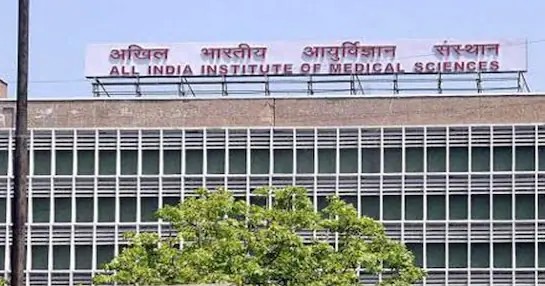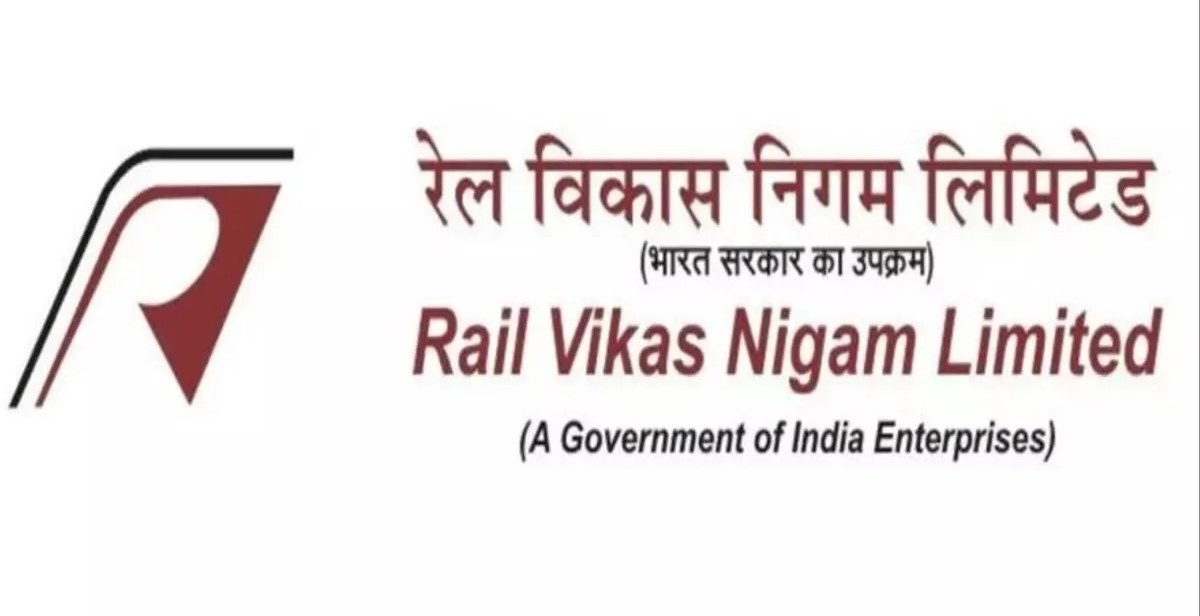
Follow WOWNEWS 24x7 on:

A new era has dawned for student mental health in India with AIIMS launching ‘Never Alone’—an artificial intelligence-powered counseling app designed to break stigma and provide timely support. As academic stress and emotional struggles weigh heavily on young adults, this pioneering initiative promises round-the-clock professional help, making mental well-being more accessible than ever before.
Quick Glance: Highlights Of The New Initiative
Never Alone is an AI-backed app available via WhatsApp and QR code for students in participating institutes
Students are offered 24x7 access to mental health screening, diagnosis, online and offline counseling
The system uses established psychiatric guidelines to evaluate students and flag concerns with utmost privacy
First rolled out at AIIMS Delhi, AIIMS Bhubaneswar, and IHBAS (Shahdara), with a national expansion on the horizon
Cost of service is just 70 paise per day per student, typically covered by the subscribing institution
The program coincided with World Suicide Prevention Day—reflecting urgent need for timely mental health intervention among youth
Special focus on destigmatizing mental health treatment and encouraging peer and institutional support
A Closer Look At How It Works
The heart of Never Alone is a sophisticated WhatsApp-based AI chatbot that students can use at any hour. Within minutes of interaction, the app conducts a confidential self-assessment based on global psychiatric standards. If serious symptoms are reported, the system automatically forwards the summary to a designated mental health professional who offers guidance and schedules a live consultation—either online or in person. For minor issues, students receive self-help resources and follow-ups. Every interaction is private, secure, and tailored for India’s academic environment.
Why AIIMS Chose Digital First For Well-Being
Almost 70–80 percent of those with mental health struggles do not seek help because of stigma, lack of awareness, or logistical challenges
Students often hesitate to consult psychiatrists—even on medical campuses—leading to tragic outcomes including suicides
With India witnessing alarming suicide rates among youth, a confidential, always-available virtual support system bridges the gap
Never Alone focuses on prevention, offering screening before crisis develops, immediate intervention, and scheduled follow-up backed by psychiatrists
How Institutions And Students Access The Service
The new mental health counseling service is packaged for institutions. Colleges and universities enroll by contacting AIIMS Delhi. Once subscribed, their entire student body can access unlimited virtual consultations for a nominal daily fee, paid by the institution. The expectation is that as the service grows, more AIIMS branches and universities will be covered under a centrally coordinated, non-profit mental wellness movement.
Wider Vision And Community Impact
Never Alone is mentored by the Global Centre of Integrative Health and AIIMS alumnus Dr Deepak Chopra
The program aims to make help-seeking normal, reduce suicide rates, and teach resilience to college students nationwide
The use of AI allows for prompt, unbiased triage and support, especially for those who may not otherwise reach out in time
By integrating with widely-used platforms like WhatsApp, the app is designed for maximum reach and ease
The Road Ahead: A New Normal For Student Resilience
Experts and campaigners hope that Never Alone will trigger lasting change in attitudes towards mental health on Indian campuses. As stigma is challenged and care made accessible, students are empowered not only to seek help for themselves, but to support peers in distress. The launch marks a significant milestone in India’s response to student mental health, sending a strong message: help is always at hand, and no one needs to struggle in silence.
Sources: Indian Express, Times of India, Millennium Post, The Daily Jagran, NewsBytes, Press Trust of India





